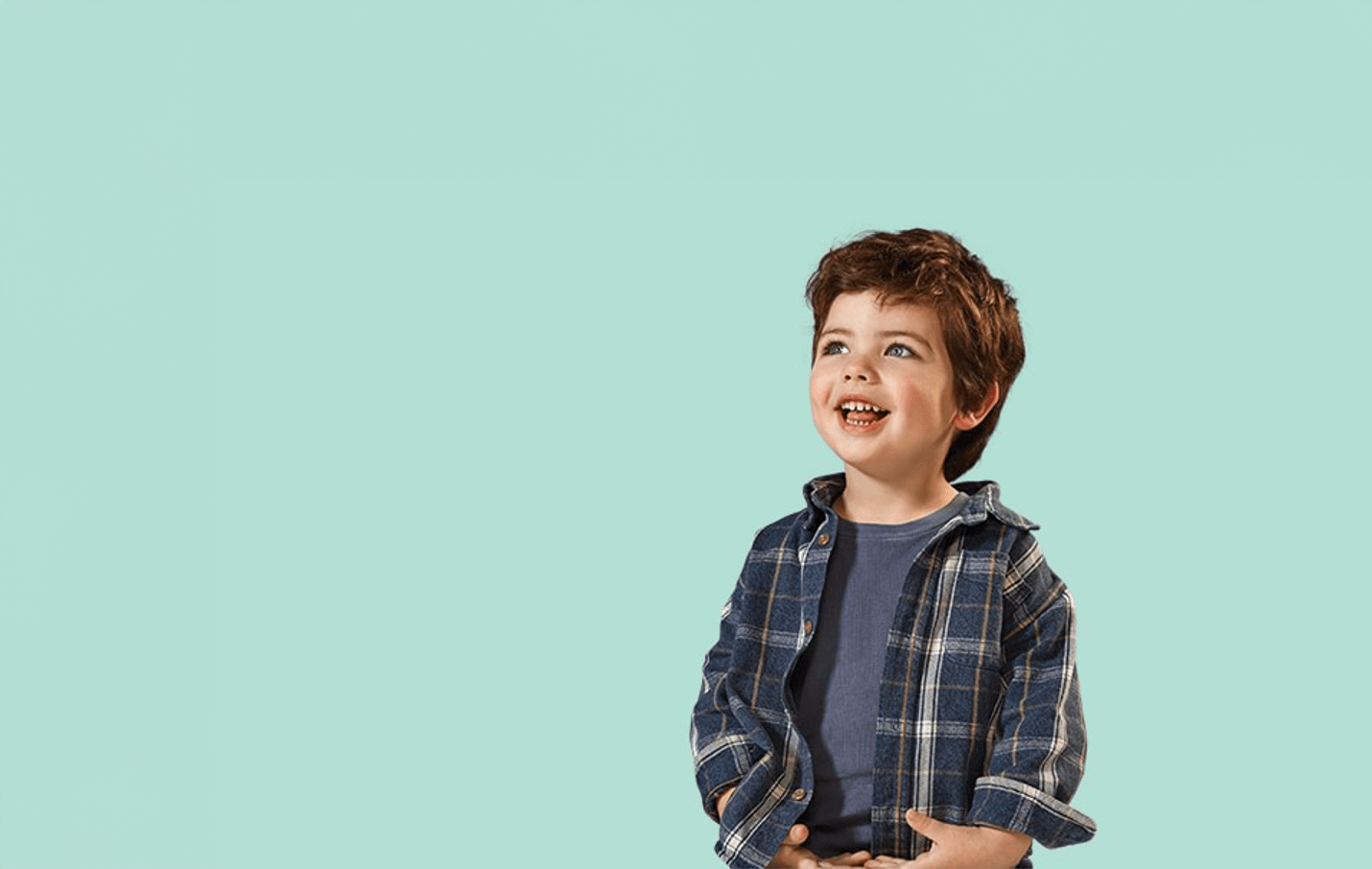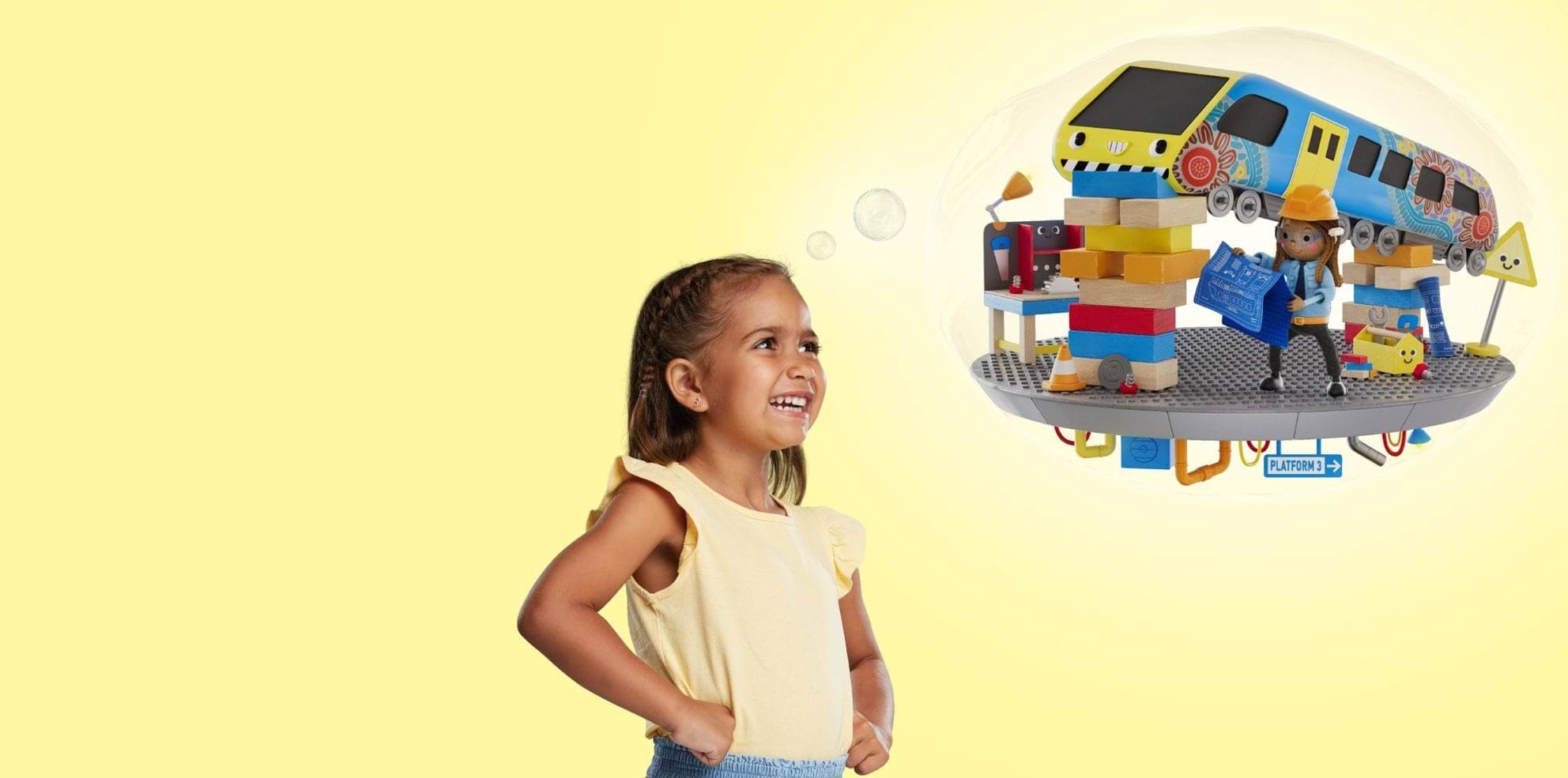Learn more detailed information on...
When to start kindergarten
In Victoria, children start kindergarten at 3 years old, which means 2 years of kindergarten before school.
Types of kinder programs
Learn about the different kinder programs available for your child in Victoria.
Free Kinder
Learn about savings available to help Victorian families access 2 years of quality kinder.
Kinder Tick
Look for the Kinder Tick to help you find a government-approved funded kinder program.
Choosing an early childhood service
Information for families to understand different types of early childhood services, and what to consider when selecting a service.
How to enrol in kindergarten
Learn how to register and what you need to provide to enrol.
Going to kindergarten if your child is 6 years old
Some children’s learning may be better supported in kindergarten or Pre-Prep when they are 6 years old.
Tips for starting kindergarten
There are lots of things you can do to prepare your child for kindergarten.
Moving from kindergarten to school
If your child is moving from kindergarten to school, their educator will write a Transition Learning and Development Statement (TLDS).
Learn about programs and initiatives
Kinder for Aboriginal children: Koorie Kids Shine
Aboriginal and Torres Strait Islander children can access 15 hours per week of free or low-cost kindergarten. From 2026, 4-year-olds can access up to 25 hours per week of Pre-Prep.
Four-Year-Old Kindergarten is becoming Pre-Prep
We’re transitioning Four-Year-Old Kinder to Pre-Prep in stages from 2025.
Kinder Kits
We're giving children enrolled in a funded Three-Year-Old Kindergarten program in 2026 a Kinder Kit.
Starting age calculator
Use the starting age calculator to enter your child's birth date to find out what year they can start Three- and Four-Year-Old Kindergarten.
Pre-Prep calculator
Use the Pre-Prep calculator to find out if your child is eligible to attend Pre-Prep and when they can start.
Updated

